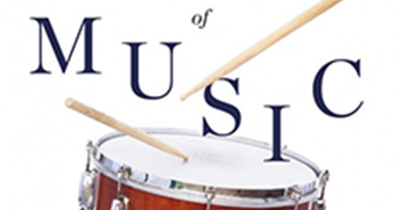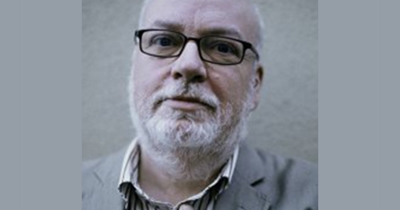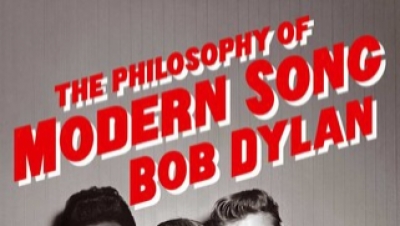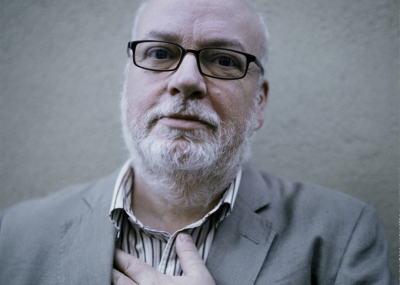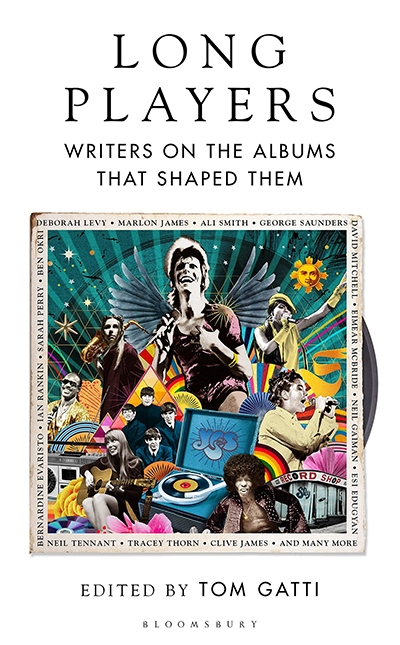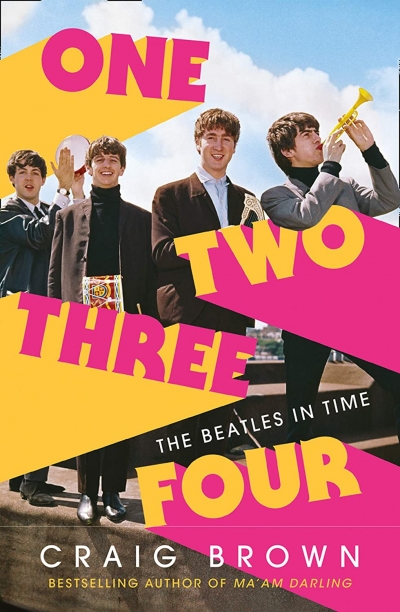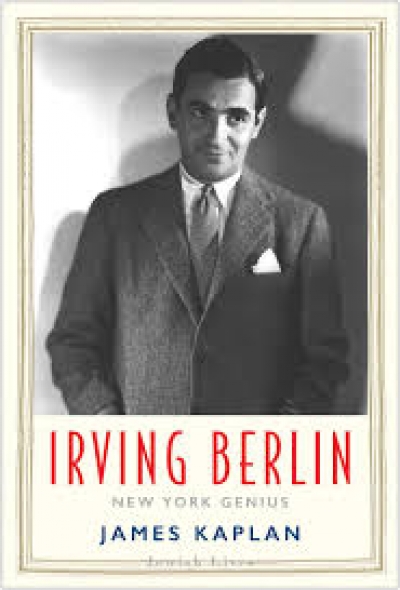Andrew Ford
Andrew Ford is a composer, writer, and broadcaster, and has won awards in all three capacities, including the prestigious Paul Lowin Prize for his song cycle, Learning to Howl. His music has been played throughout Australia and in more than forty countries around the world. Since 1995 he has presented The Music Show each weekend on ABC Radio National. He is the author of eleven books, including The Song Remains the Same: 800 years of love songs, laments and lullabies (with Anni Heino). We review his new book, The Shortest History of Music.
... (read more)To celebrate the year’s memorable plays, films, television, music, operas, dance, and exhibitions, we invited a number of arts professionals and critics to nominate their favourites.
... (read more)To celebrate the year’s memorable plays, films, television, music, operas, dance, and exhibitions, we invited a number of arts professionals and critics to nominate their favourites.
... (read more)After a welcome return to something approaching a pre-Covid normal season of training camps and concerts, the Australian Youth Orchestra has finished the year with a grand public concert at the Melbourne Town Hall.
... (read more)

